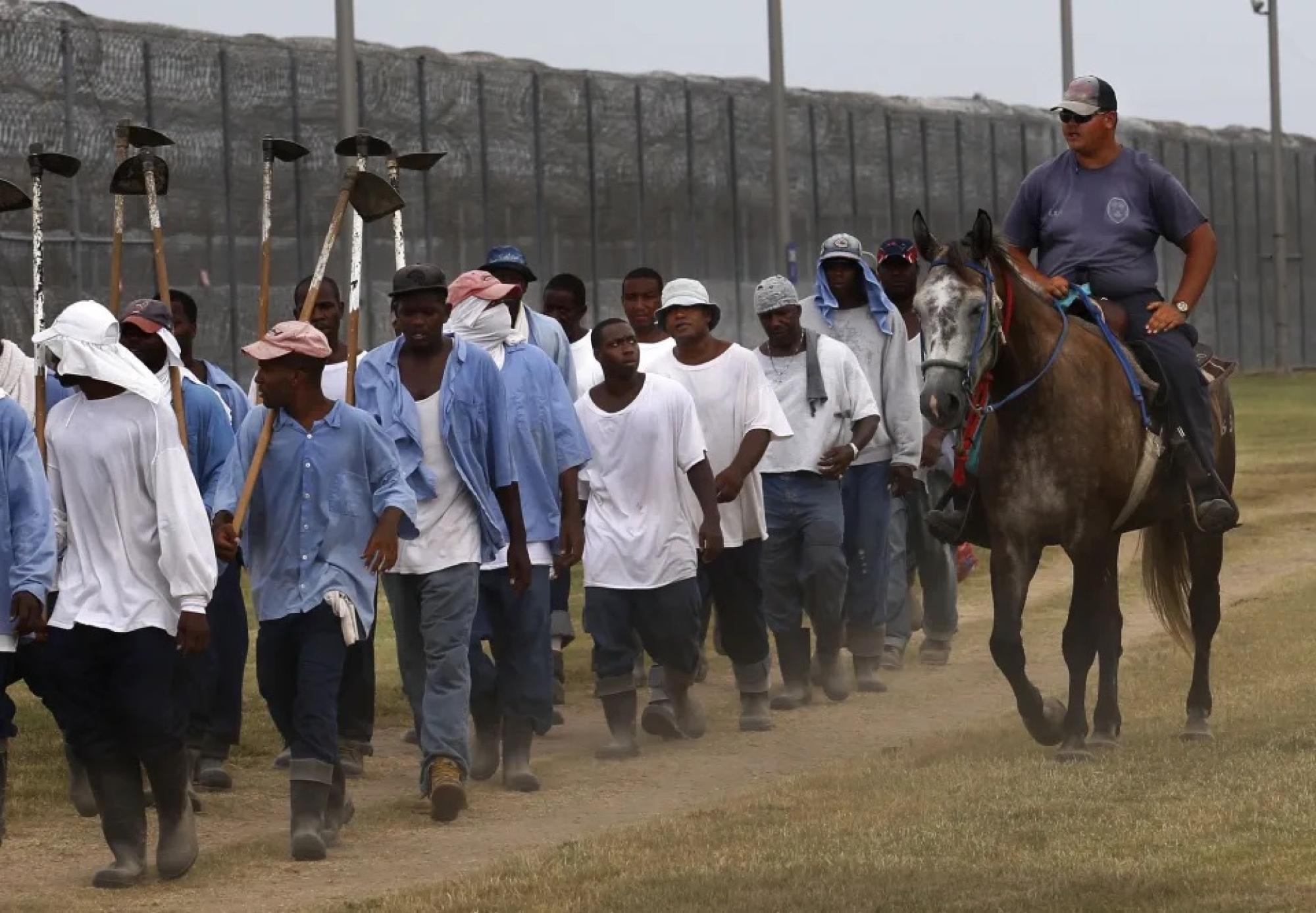Related Stories
Prisoners in the US are part of a hidden workforce linked to hundreds of popular food brands
Key Excerpts from Article on Website of Yahoo News/Associated Press

Posted: February 4th, 2024
https://news.yahoo.com/prisoners-us-part-hidden-workforce-12...
Unmarked trucks packed with prison-raised cattle roll out of the Louisiana State Penitentiary, where men are sentenced to hard labor and forced to work, for pennies an hour or sometimes nothing at all. They are among America’s most vulnerable laborers. If they refuse to work, some can jeopardize their chances of parole or face punishment like being sent to solitary confinement. The goods ... prisoners produce wind up in the supply chains of a dizzying array of products found in most American kitchens, from Frosted Flakes cereal and Ball Park hot dogs to Gold Medal flour, Coca-Cola and Riceland rice. They are on the shelves of virtually every supermarket in the country, including Kroger, Target, Aldi and Whole Foods. It’s completely legal. Enshrined in the Constitution by the 13th Amendment, slavery and involuntary servitude are banned – except as punishment for a crime. With about 2 million people locked up, U.S. prison labor from all sectors has morphed into a multibillion-dollar empire. Almost all of the country’s state and federal adult prisons have some sort of work program, employing around 800,000 people. Altogether, labor tied specifically to goods and services produced through state prison industries brought in more than $2 billion in 2021. “Slavery has not been abolished,” said Curtis Davis, who spent more than 25 years at [Louisiana's Angola] penitentiary. “It is still operating in present tense,” he said. “Nothing has changed.”
Note: For more along these lines, see concise summaries of deeply revealing news articles on corruption in prisons and in the food system from reliable major media sources.
Related Stories
Latest News
Key News Articles from Years Past











































































